Panera Is Dropping Charged Lemonade From Menu After Three Lawsuits
Panera Bread has decided to discontinue its Charged Lemonade products following three lawsuits and two deaths.
Updated May 8 2024, 10:12 a.m. ET
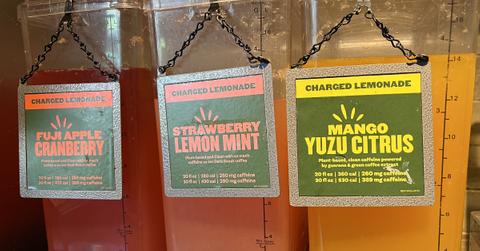
Food giants like Panera Bread continue to face scrutiny for potentially mislabeling products after multiple lawsuits alleged that Panera's Charged Lemonades do not sufficiently warn customers of their intense caffeine content. Caffeinated drinks are all the rage in a busy, modern world, but when is too much caffeine too much?
Three lawsuits, two in 2023 and one in 2024, have been brought forward accusing the company of putting too much caffeine in its Charged Lemonades. In May 2024, the company then announced it was discontinuing its Charged Lemonade products. Keep reading for everything you need to know about Panera's Charged Lemonade lawsuits, explained.
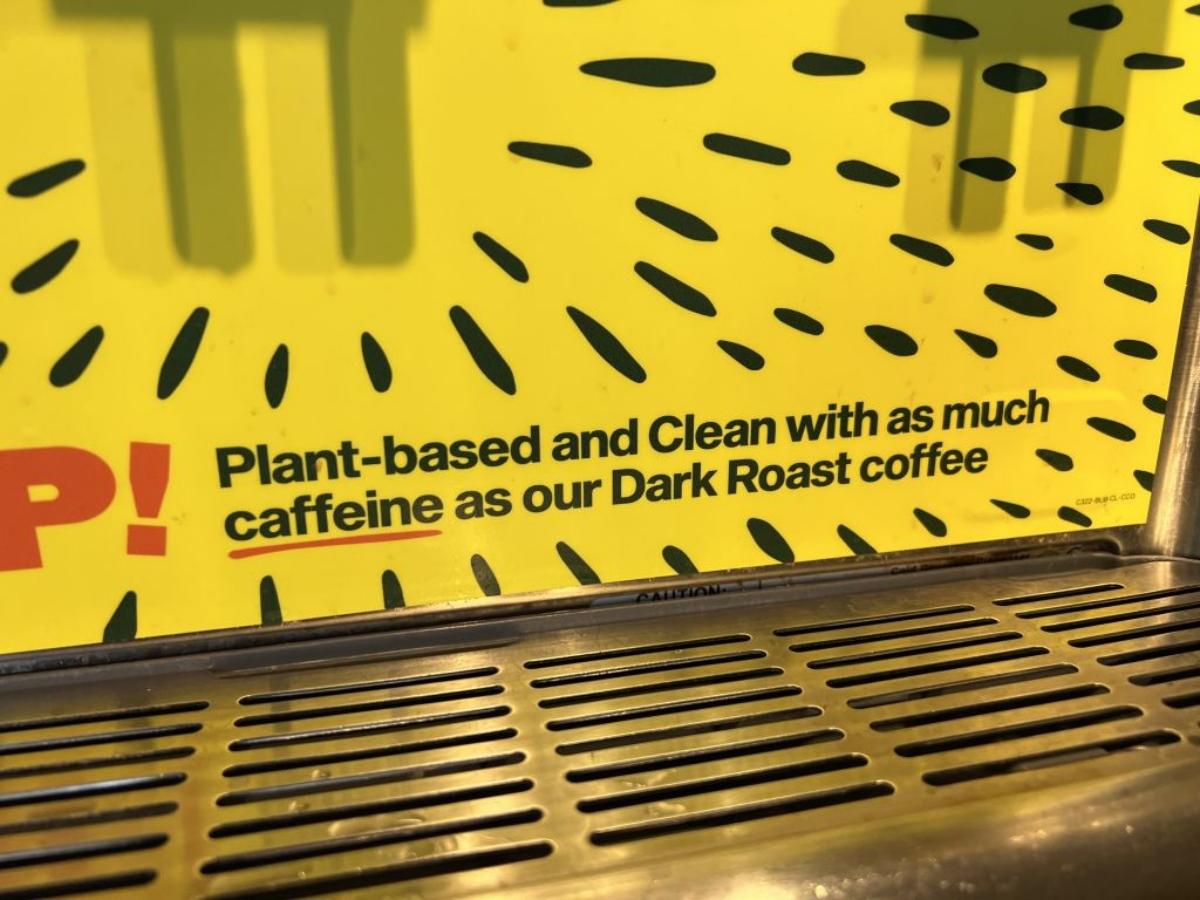
label about caffeine in Charged Lemonade
In May 2024, Panera Bread announced it would be discontinuing its Charged Lemonades.
A spokesperson for the company said on May 8, 2024, that Panera would be discontinuing its Charged Lemonades following a "recent menu transformation," per NBC News.
"We listened to more than 30,000 guests about what they wanted from Panera, and are focusing next on the broad array of beverages we know our guests desire — ranging from exciting, on-trend flavors, to low sugar and low-caffeine options," the spokesperson added.
In 2024, a woman has filed a lawsuit after consuming Charged Lemonades and suffering "permanent" heart damage.
A lawsuit filed on Jan. 16, 2024, alleges that Lauren Skerritt of Rhode Island has suffered "long-term and permanent cardiac issues" after drinking two Charged Lemonades on April 8, 2023, per USA Today.
Skerritt was known for being an athlete with no previous underlying health conditions who frequented the gym.
The suit claims that Skerritt ordered the drink because it was advertised as being "clean" and "plant-based," but halfway through her second drink had to stop and go to the emergency room. Upon receiving medical treatment, Skerritt was diagnosed with atrial fibrillation, which can lead to heart-related complications.
Tragically, Skerritt's issues have persisted, giving her recurring symptoms of brain fog, body shakes, rapid heartbeat, and even a tremor in one hand.
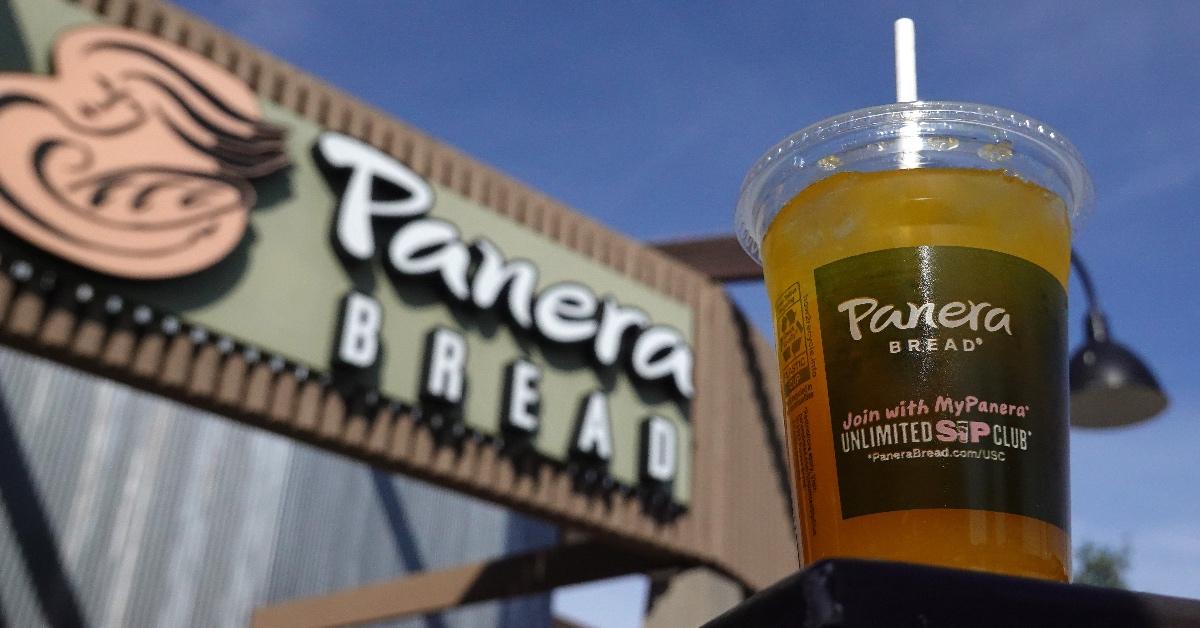
The family of a man who died after consuming three Charged Lemonades has filed a lawsuit against Panera Bread.
On Dec. 4, 2023, Dennis Brown's mother, brother, and sister filed a lawsuit against the food chain Panera Bread on his behalf. According to NBC News, Brown had "an unspecified chromosomal deficiency disorder, a developmental delay and a mild intellectual disability," as well as high blood pressure, but lived independently and frequented the restaurant.
The lawsuit, as obtained by NBC, noted that he did not consume energy drinks because of Brown's high blood pressure.
According to USA Today, Brown was a member of Panera's "Unlimited Sip Club" membership and had been consuming Charged Lemonades for six days before his death. The lawsuit alleges Brown was unaware of the caffeine content in the drinks.
Then, on Oct. 9, 2023, Brown consumed three Charged Lemonades during a regular visit to his local Panera. Brown went into cardiac arrest on his way home from the restaurant and died.
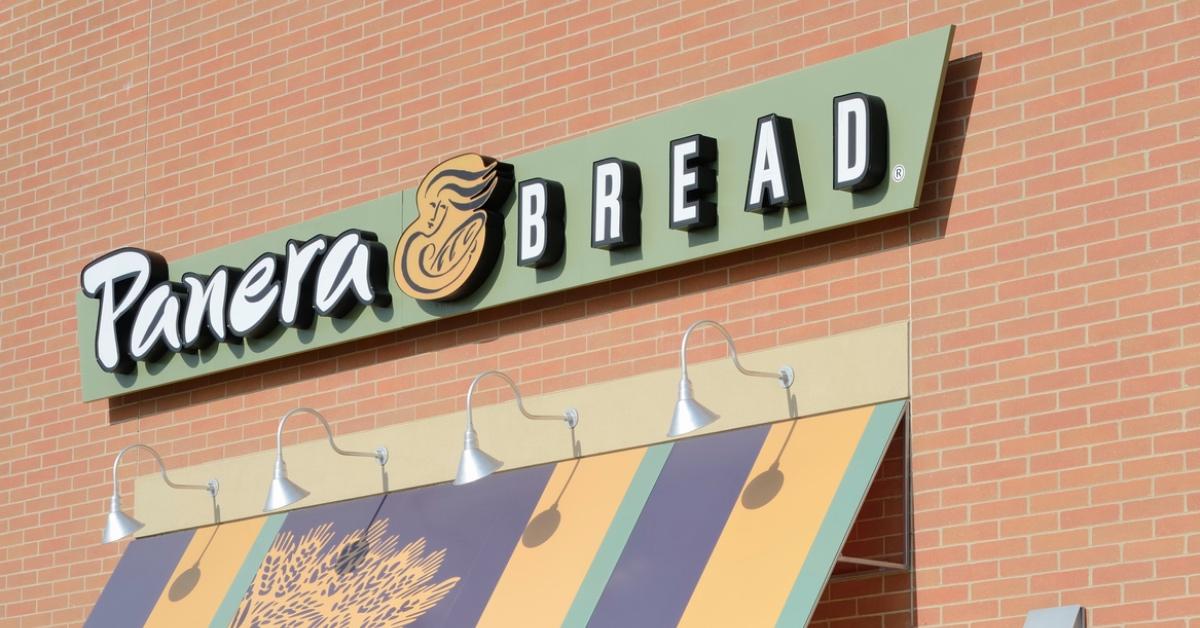
In October 2023, parents filed a lawsuit against Panera Bread on behalf of their daughter, who died after consuming a Charged Lemonade.
According to NBC News, on Sept. 10, 2022, Katz went to a Panera Bread in Philadelphia and bought a Charged Lemonade. She had Long QT syndrome type 1, a heart condition, and avoided energy drinks. A few hours after drinking the Charged Lemonade, she went into cardiac arrest.
"I guarantee if Sarah had known how much caffeine this was, she never would have touched it with a 10-foot pole," said Victoria Rose Conroy, Katz's roommate, per NBC News.
Although patients with long QT syndrome can have small amounts of caffeine, the lawsuit notes that Panera Charged Lemonade contains more caffeine than energy drinks.
CNN reported that Katz's parents are seeking compensatory and punitive damages. Since their daughter was diagnosed with long QT syndrome at age five, she had been taking medication and limiting caffeine. The lawsuit against Panera stated that Katz was "reasonably confident it was a traditional lemonade and/or electrolyte sports drink containing a reasonable amount of caffeine safe for her to drink."
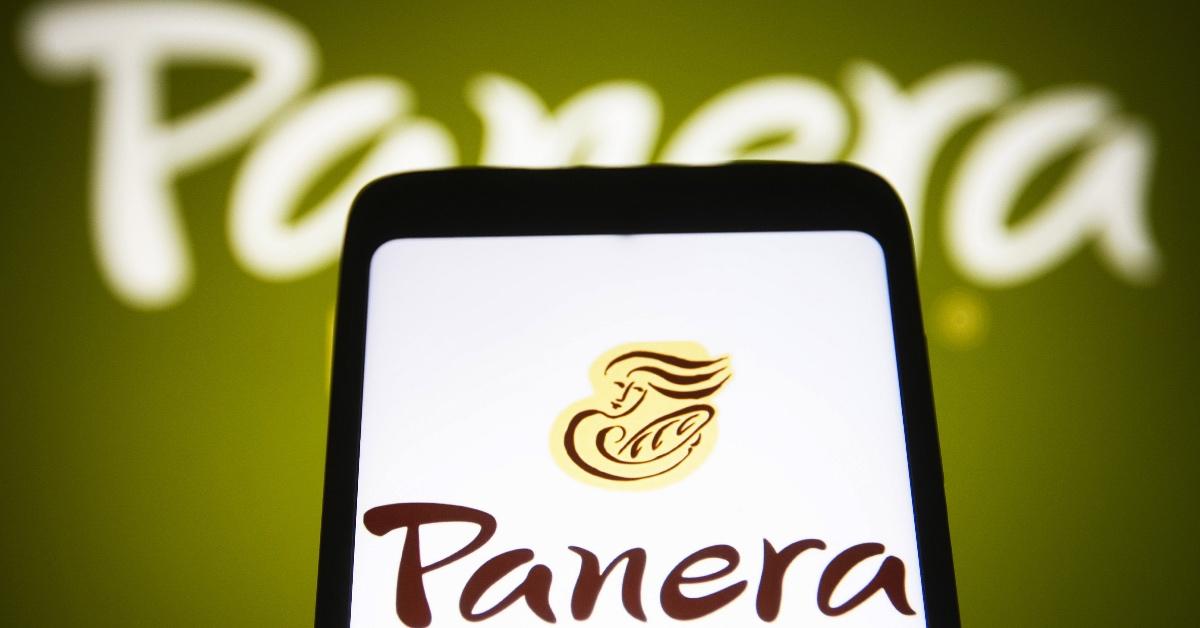
How much caffeine is in a Panera Charged Lemonade?
The lawsuit claims that Panera Charged Lemonade contains much more caffeine than the average consumer might realize. According to the Panera website, a Strawberry Lemon Mint Charged Lemonade contains 260 milligrams of caffeine. (That's the regular 20-oz. size; a large 30-oz. contains 390 mg of caffeine.)
While this information is readily available online, the lawsuit brought by Katz's parents notes that caffeine content is not always clearly posted in Panera Bread stores.
For example, as CNN noted, Panera stores market the beverages as "Plant-based and Clean with as much caffeine as our Dark Roast Coffee" but don't always specify what size coffee that would be, so customers don't always realize how much caffeine they might consume.
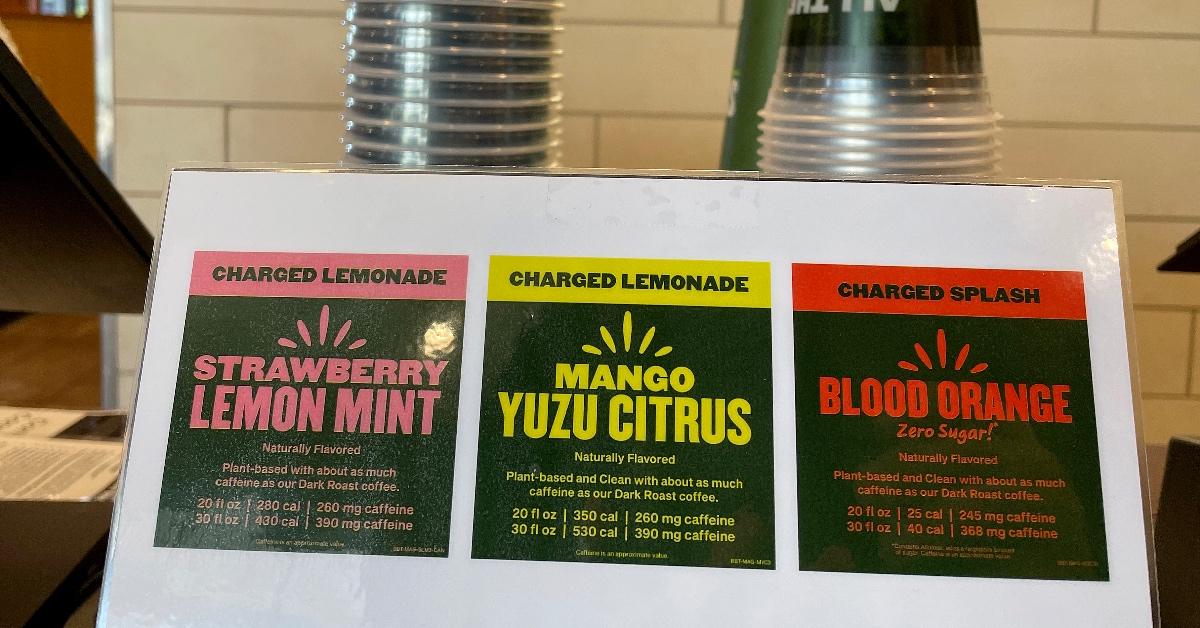
For comparison, an eight-ounce cup of coffee contains about 80-100 mg of caffeine, per the FDA. The agency recommends a maximum of about 400 milligrams of caffeine for adults daily.
In response to the December 2023 lawsuit, Panera issued the following statement, per USA Today: "We view this lawsuit, which was filed by the same law firm as a previous claim, to be equally without merit. Panera stands firmly by the safety of our products."
This article, originally published on Oct. 24, 2023, has been updated.